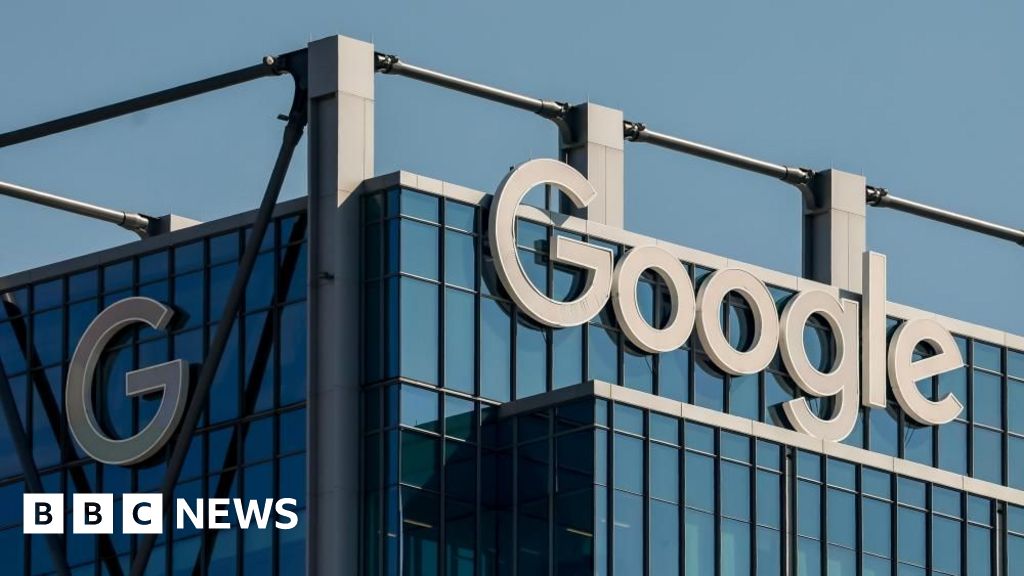
"In the modern internet era, few monopoly cases have been as closely scrutinised in Silicon Valley - and beyond - as the US government's landmark case challenging Google's dominance in online search. Not since US v Microsoft, filed in 1998, has Big Tech felt so threatened. But a year after ruling that Google was "a monopolist," Judge Amit Mehta proposed a series of remedies that some - though not everyone - view as letting Google off lightly. Here's what you need to know."
"The prospect of a company breakup loomed large during the remedies phase of the case. Ultimately, Judge Mehta decided not to force Google to spin off Chrome, the world's most popular browser, as government lawyers had requested. The US Department of Justice had also proposed court oversight of the company's Android operating system to ensure the company refrains from using its ecosystem to "favour its general search services and search text ad monopolies." Both Chrome and Android emerged unscathed in Judge Mehta's ruling."
"Back then, few consumers had ever heard of, let alone used, generative artificial intelligence (AI). "The emergence of GenAI changed the course of this case," Judge Mehta wrote in his ruling, noting how swiftly money has flowed into the emerging technology. The pace of change has only accelerated in the year since he concluded that Google is a monopolist in online search."
Judge Amit Mehta concluded that Google is a monopolist in online search and proposed remedies a year later. He declined to force Google to spin off Chrome, rejecting government requests for a browser breakup. The Department of Justice also sought court oversight of Android to prevent favoritism toward Google's search and search-ad services, but Chrome and Android remained intact in Mehta's ruling. Experts noted that Chrome and Android were key mechanisms for maintaining market share and monetizing the search monopoly. A separate DOJ antitrust case over ad tech may revisit breakup remedies, and rapid investment in generative AI has altered the litigation's trajectory.
Read at www.bbc.com
Unable to calculate read time
Collection
[
|
...
]